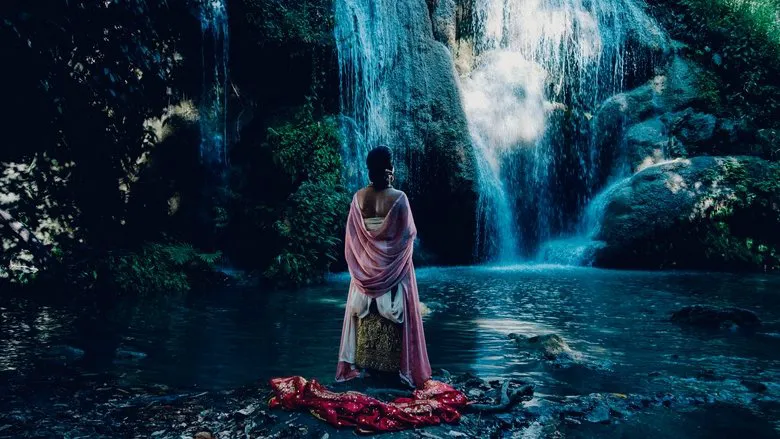Uncle Boonmee Who Can Recall His Past Lives

Plot
Uncle Boonmee Who Can Recall His Past Lives, a film directed by Apichatpong Weerasethakul, is a poignant and enigmatic tale that intertwines the realms of reality and fantasy. Set against the lush backdrop of rural Thailand, the movie revolves around Boonmee, a frail and ailing man struggling to confront his mortality. As the narrative unfolds, we see Boonmee confined to his rural home, surrounded by the people he loves and a sense of comfort that has been his rock throughout his life. However, despite the warmth of his surroundings, Boonmee appears increasingly disconnected from the world around him. He becomes increasingly frail, suffering from acute kidney failure, a condition that threatens to claim his life. In response to his dwindling health, Boonmee embarks on a journey, but not a conventional one. He decides to spend his final days with his family in the countryside, surrounded by the memories and the people he cherishes. The atmosphere is one of melancholy and introspection as he prepares to face the inevitability of death. Amidst this somber backdrop, the ghost of his deceased wife, Jung, appears, bringing with her a sense of solace and comfort. It is as if, in death, Jung has transcended the boundaries of mortality and can now communicate with Boonmee in a way that was impossible during their mortal life together. Meanwhile, the arrival of Boonmee's estranged son, Munthong, is shrouded in mystery and intrigue. Having been separated from his father for most of his life, Munthong returns home in a form that challenges the conventional notion of human identity. As he transforms through various non-human manifestations, it is clear that this character is not just a manifestation of Boonmee's guilt or regret but a representation of the fluidity and impermanence of life. Through the eyes of Boonmee's loved ones, the film masterfully interweaves the mystical and the mundane, blurring the lines between reality and fantasy. The enigmatic and often surreal landscape of the jungle, where Boonmee treks with his family to the mysterious hilltop cave, becomes a space for spiritual renewal and introspection. Boonmee's pilgrimage through the jungle is an attempt to come to terms with his past and find answers to the enigma of his illness. It is here, in the midst of this natural yet mythical landscape, that Boonmee encounters the ghost of a soldier who becomes an ambiguous presence throughout the film. This character, representing both the duality of human existence and the cyclical nature of life, challenges Boonmee's perception of time and his understanding of the past. In a way, Uncle Boonmee Who Can Recall His Past Lives is a tribute to Thai cinema and the mythologies of the region. Weerasethakul weaves together a fascinating narrative that incorporates elements of Buddhism, shamanism, and Thai folklore, creating a rich tapestry of storytelling that transcends cultural and geographical boundaries. Throughout the film, the enigmatic narrative structure, the abstract visual metaphors, and the richly symbolic setting create an immersive world that invites the viewer to explore and reflect on the human condition. By juxtaposing the mundane and the mystical, Weerasethakul invites the audience to engage with the complexities and contradictions of life itself. As Boonmee's story comes to a close, it becomes increasingly apparent that his journey is not merely about confronting his own mortality, but also about reconnecting with his own memories, emotions, and the world around him. In the hilltop cave, the site of Boonmee's rebirth into this life, we see a culmination of themes and narratives that underscore the film's central exploration of time, memory, love, and loss. Ultimately, Uncle Boonmee Who Can Recall His Past Lives is a film that defies easy interpretation or analysis. However, as an immersive and poignant work of art, it invites the viewer to engage with its haunting beauty, the mystique of its narrative, and the enigmatic yet profoundly compelling character at its center. It is a testament to Weerasethakul's innovative filmmaking style, his commitment to exploring the complexities of human experience, and his unique ability to create works that are both deeply personal and universally relatable.
Reviews
Recommendations





